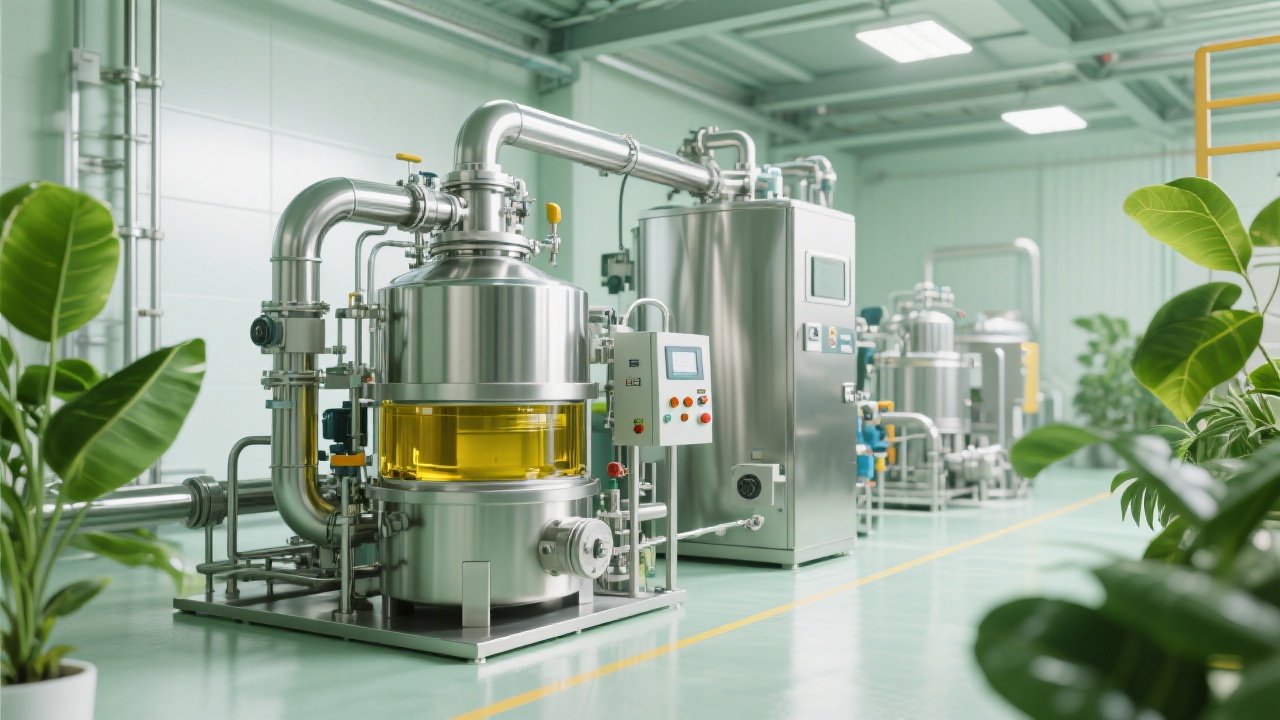
In many parts of Africa, peanut oil production is still largely manual or relies on outdated machinery. This not only limits output but also increases labor costs and reduces the quality of the final product. However, with the introduction of modern, medium-scale peanut oil extractors, small to mid-sized farmers are now able to improve efficiency, reduce waste, and increase their profit margins.
According to a 2023 report by the African Agricultural Technology Foundation, over 70% of peanut oil production in sub-Saharan Africa is done using traditional methods such as hand pressing or low-capacity mechanical presses. These methods often result in lower yields, higher energy consumption, and inconsistent oil quality. Additionally, many farmers lack access to reliable electricity, making it difficult to adopt more advanced technologies.
As a result, farmers face challenges like long processing times, high labor demands, and limited market reach. In some regions, the oil produced is even rejected by local processors due to poor quality or contamination from improper handling.
The medium-scale peanut oil extractor is specifically designed for small to mid-sized farms that want to scale up their operations without investing in large industrial machines. It combines advanced hydraulic pressure systems with energy-efficient motors to deliver consistent results while minimizing power usage.
One of its key features is the multi-stage filtration system, which ensures that the extracted oil is clean and free from impurities. The machine also includes an automatic temperature control mechanism, which helps maintain optimal conditions for oil extraction and prevents overheating, thus preserving the natural flavor and nutritional value of the oil.
Compared to traditional methods, the medium-scale peanut oil extractor can increase productivity by up to 40%. For example, a farmer who previously processed 100 kg of peanuts per day manually can now process 150–200 kg daily using this machine. This improvement not only saves time but also allows farmers to meet higher demand and sell their products at better prices.
In terms of energy use, the machine consumes about 1.5 kWh per batch, which is significantly lower than older models that can use up to 3–4 kWh. This makes it ideal for areas with unreliable power supplies, as it can be powered by solar energy or backup generators.
| Feature | Traditional Method | Medium-Scale Extractor |
|---|---|---|
| Yield per Batch | ~60% | ~85% |
| Energy Use (kWh) | 3–4 | 1.5 |
| Processing Time | 2–3 hours | 45–60 minutes |
In Nigeria, a group of farmers in Kaduna State adopted the medium-scale peanut oil extractor in 2022. Before the upgrade, they were struggling to meet the demand from local markets due to low production capacity. After implementing the new machine, their daily output increased by 50%, and they were able to supply multiple villages with high-quality oil.
"With the new extractor, we don’t have to work all day just to get a few liters of oil," said Mr. Abubakar, a local farmer. "Now we can focus on other crops and still make a good living."
The medium-scale peanut oil extractor is particularly well-suited for regions with a strong agricultural base and growing consumer demand for locally produced oils. It is also ideal for cooperative farming models, where multiple farmers can share the cost and benefits of the machine.
According to industry experts, the African peanut oil market is expected to grow at a compound annual rate of 6.2% through 2028, driven by increasing health awareness and demand for natural, unrefined oils. With the right equipment, African farmers can capture a larger share of this expanding market.

For African farmers looking to enhance their productivity and profitability, the medium-scale peanut oil extractor offers a practical and sustainable solution. By combining efficiency, energy savings, and high-quality output, it enables small-scale producers to compete more effectively in both local and regional markets.
If you're interested in learning more about how this technology can benefit your farm, click here to connect with our team and request a customized consultation.

